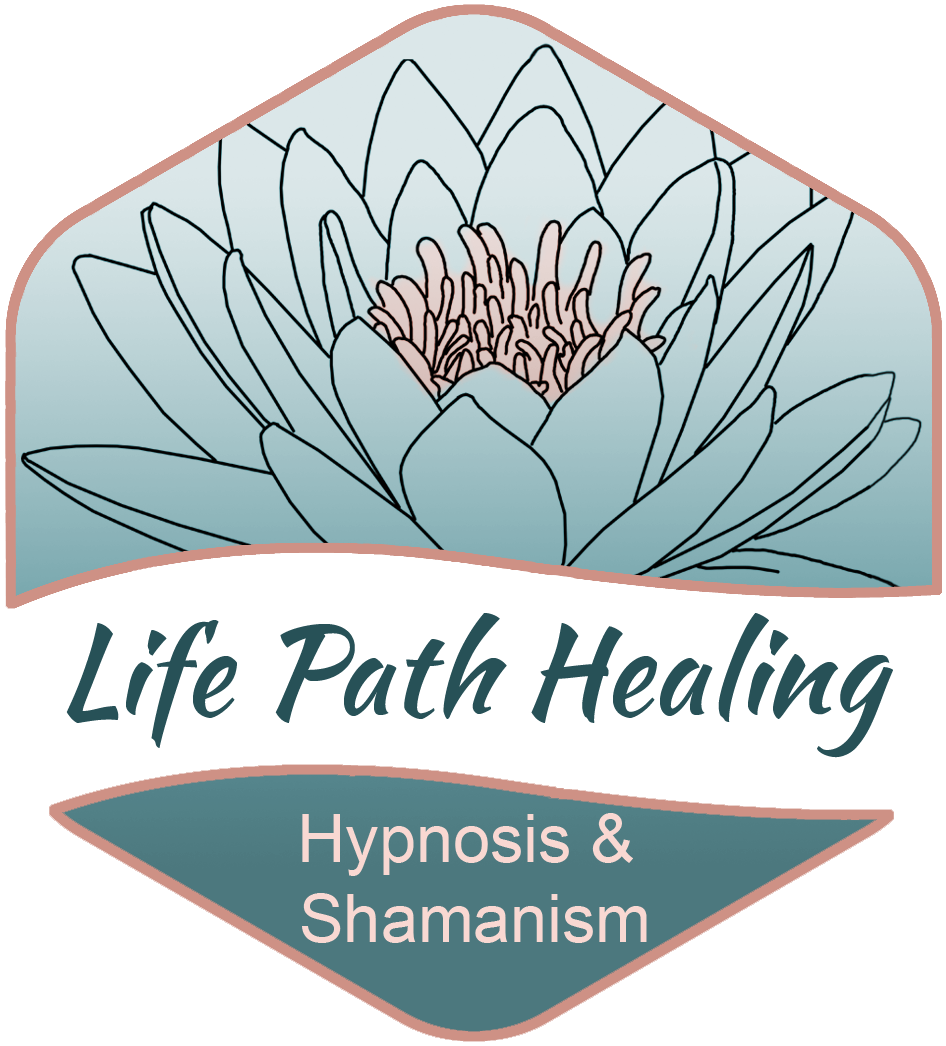Change a Habit by Changing your Environment
Wendy Wood is one of my favorite researchers and authors on habit formation. I love her book, Good Habits, Bad Habits: The Science of Making Positive Changes That Stick.
One thing that’s helped me, when reading her work, is that habits are good. They help us live life without the need to think about every little detail! In fact, it’s estimated that 80% of life is automatic behavior.
Our wired-in negativity bias makes it easy for us to focus on the habits we want to stop or those we can’t seem to get started. Take a moment to pat yourself on the back for the many good habits you already have (like brushing your teeth, showering, and feeding your pets/kids/self)!
Take heart; you are capable of starting a positive habit! You’ve already started tons of them!
Now that you’re feeling better about yourself, here are some of the biggest takeaways I’ve gotten from Wood’s work:
The environment plays a major role
We do certain things at certain times. If you’re trying to start or stop something, take a moment to consider when and where you do the activity (like watching TV after work).
Change up your routine so you’re in a different environment, even a different room. In the watching TV example, you might set up the dining area or another room with your craft supplies or whatever new habit you’d rather do than watch TV.
Make the space inviting. Save that time for your favorite podcast, music, scented candles, tea, and whatever else you enjoy. Then head there after work, rather than where you watch TV.
Limit the time you spend. Give yourself short bursts of the new activity - like 10 minutes. Set an actual alarm for that time, giving yourself permission to stop when it goes off. This reduces the resistance you feel to the new activity. Surely, you can manage just 10 minutes! :)
When you’re done, do a little dance! No, seriously, get silly. High-five yourself. Sing. Be playful. This will induce the release of dopamine, which feels good and sets your brain up to want to do it again, shortening the number of repetitions it takes to form a habit.
A couple of Pro Tips
1. Remember that all self-talk is self-hypnosis, so tell yourself how excited you are to listen to that podcast while you paint. DO NOT tell yourself, “I’ll probably just end up watching TV instead.”
Remember, “what if it’s possible?” Use this phrase to get into the idea that you're building a new, positive practice. (Not an endgame, a practice! Something you’ll get better and better at.)
What if it’s possible this becomes a habit faster than I expect?
What if I love it so much, it becomes easy?
What if it works?
2. Before getting out of bed in the morning, imagine doing the new habit. Take a few minutes to see yourself going through each step. This has been proven again and again to increase the successful fulfillment of a task.
